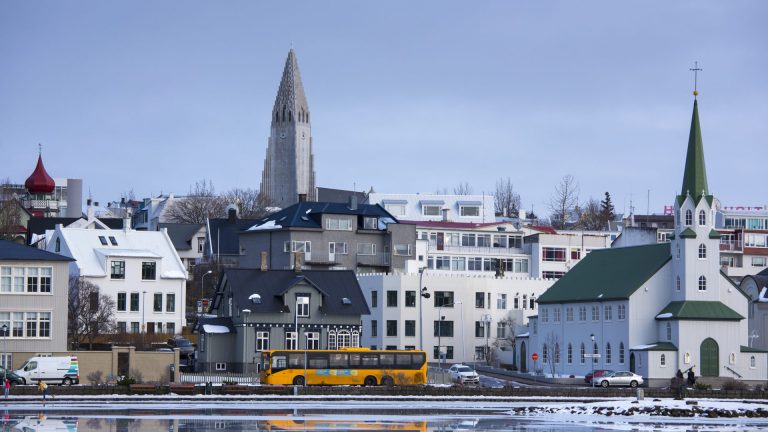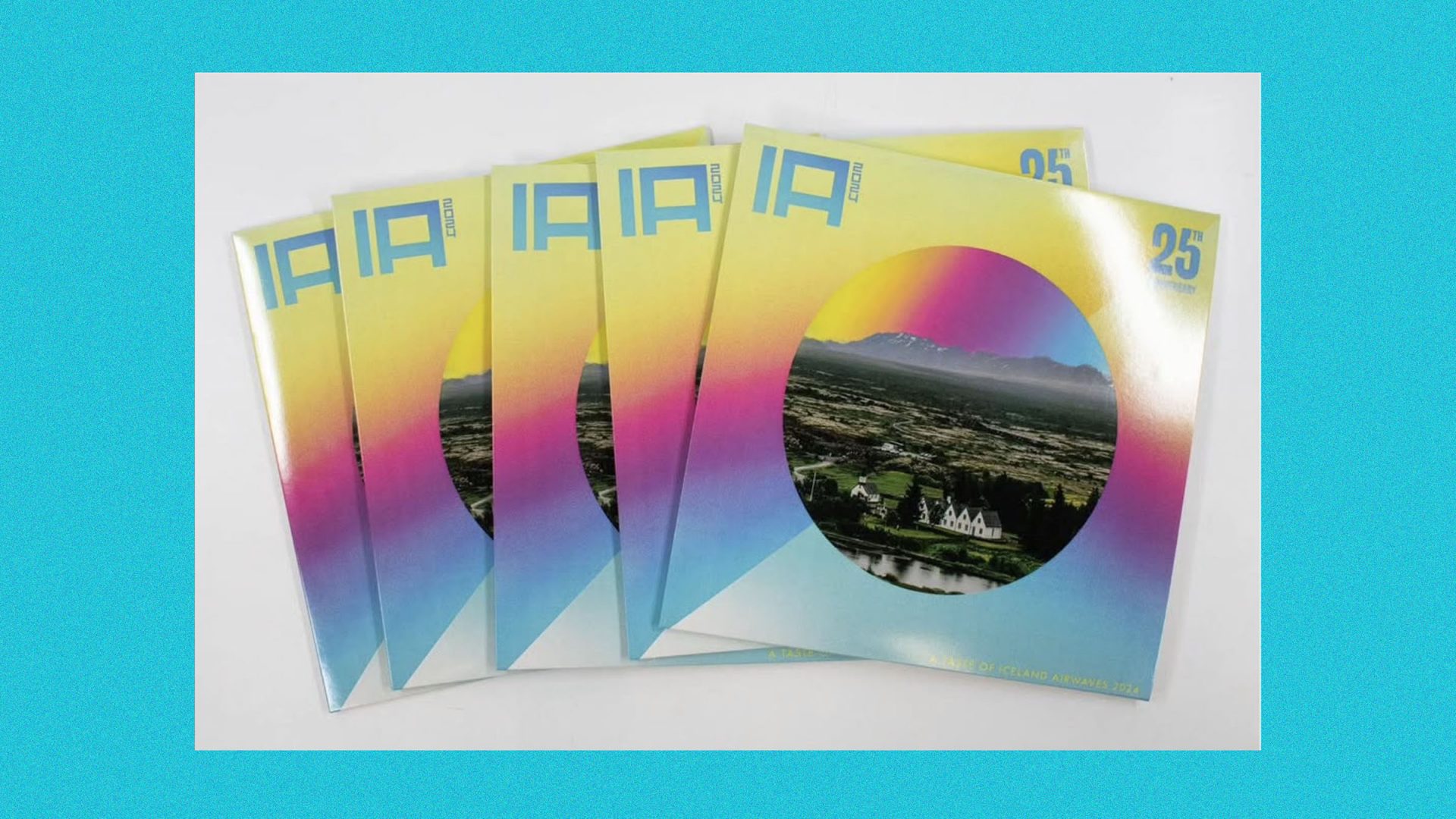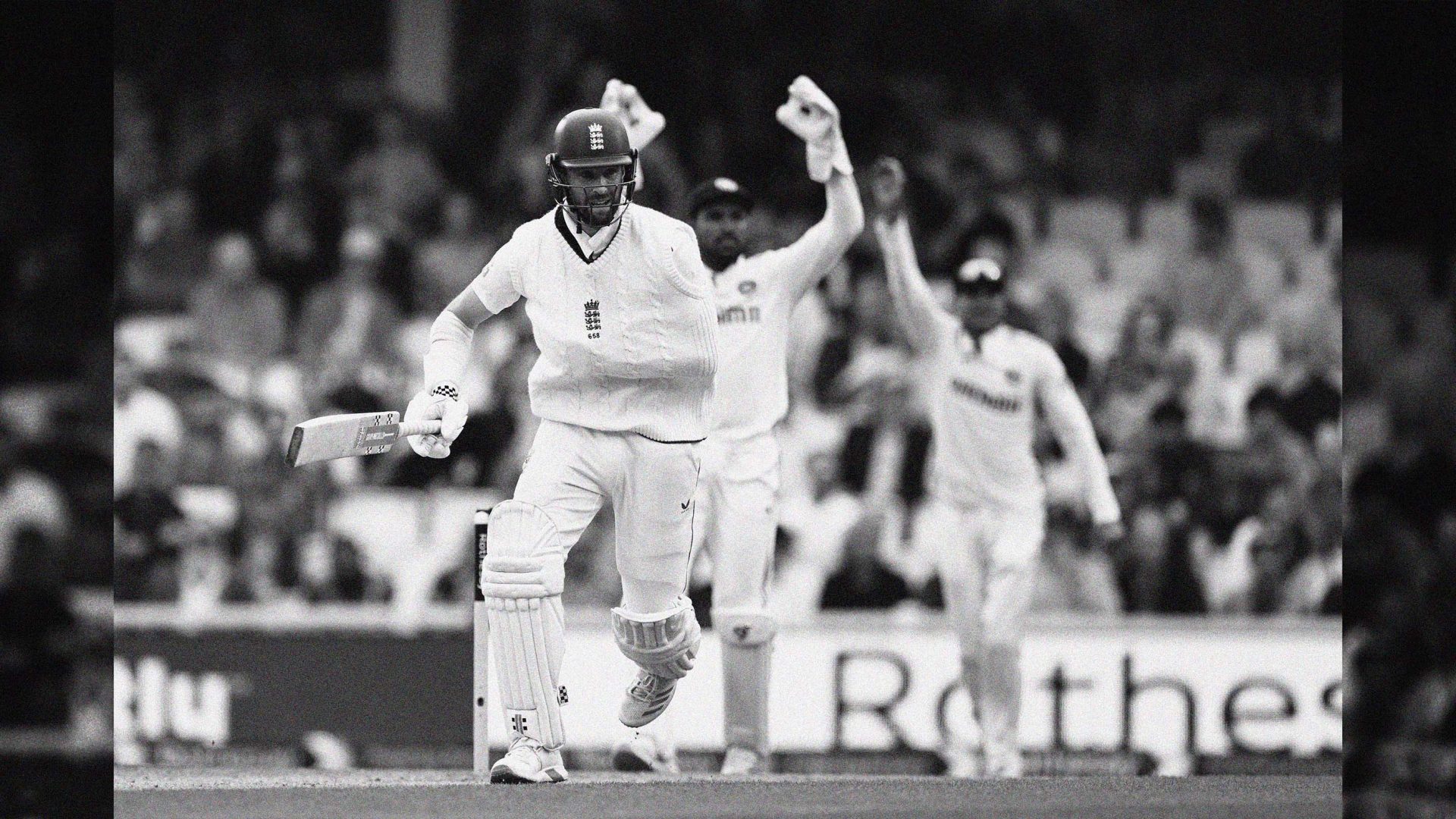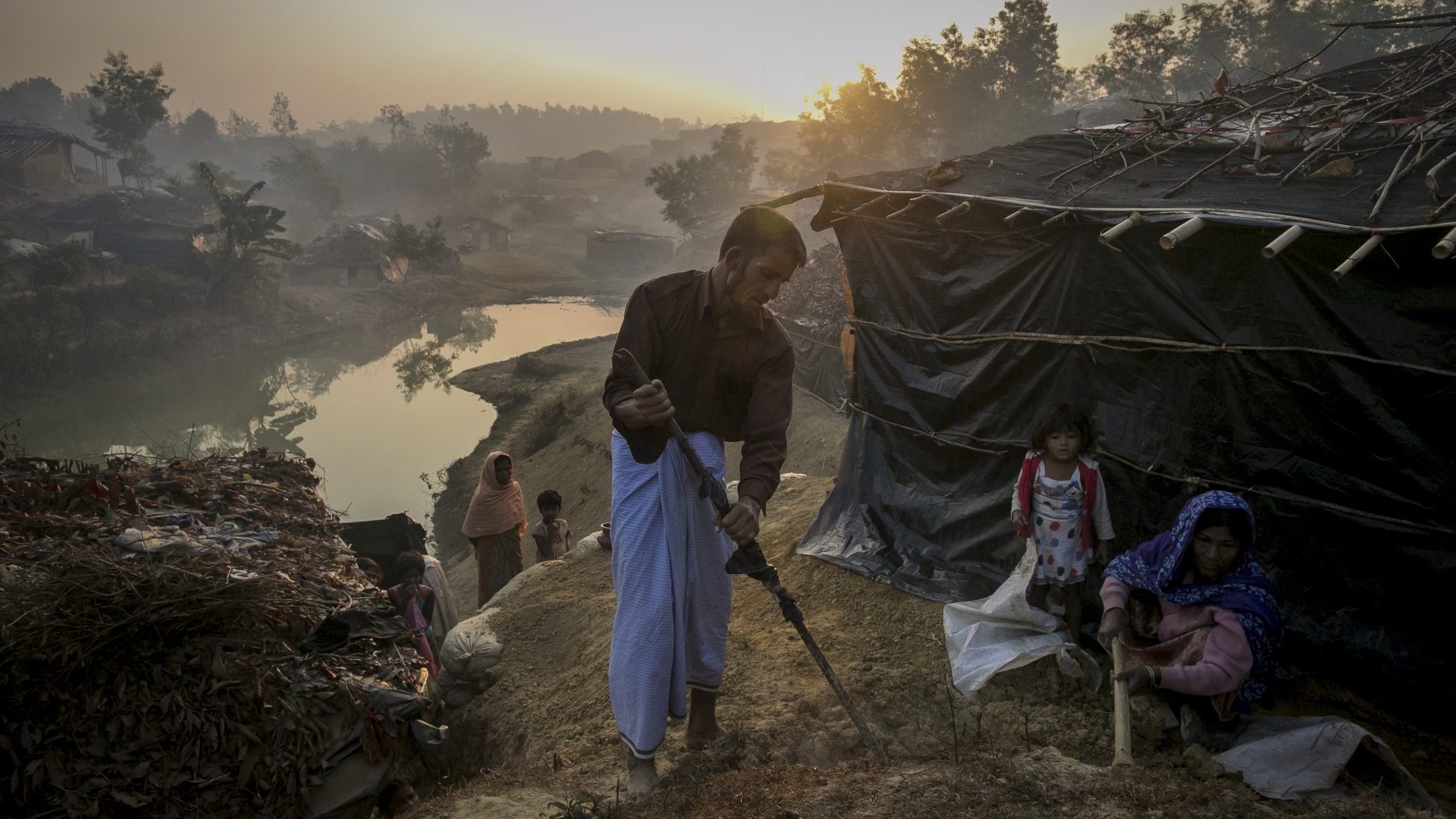In a place where renewable energy flows from the earth itself, a new kind of record plant is under way, aiming to challenge the way music is made. In Iceland, the earth breathes as steam escapes from fissures and boiling rivers in moss-covered lava fields. Just beyond the horizon, glaciers creak over an ancient, trembling crust. On the Reykjanes Peninsula, a region in the south-west of Iceland that has erupted nine times in just the last three years, the land is a living instrument, always rumbling and constantly shifting.
It’s fitting, then, that a revolutionary idea, the world’s first and only geothermal-powered vinyl pressing plant, is taking root here.
Just 12 miles from Iceland’s famed Blue Lagoon, in the shadow of an active volcano system, is Thermal Beets, which represents a very new approach to sustainable music production.
The business will be housed in the Iceland Eco-Business Park in Keflavík. It was once the site of a proposed aluminium smelter, but it was abandoned after the 2008 financial crisis. The half-finished industrial shell was controversial, and activists led protests to stop further development. Today, that same location is being reborn as a haven for green businesses.
Larry Jaffee is co-founder of Thermal Beets. A longtime journalist and vinyl advocate from the US, Larry happened to be changing planes at Keflavík airport in September 2022.
“Apparently, I’ve always had a thing for Vikings and volcanoes,” he jokes. “I thought, if any place in the world needed a pressing plant, it was Iceland,” he says. Iceland hasn’t had one since 1982, and that only operated for three years. “And given everything I’d learned about sustainability, it just clicked.”
Suggested Reading

If we stay quiet, Trump might not notice us
Thermal Beets is powered by geothermal energy. It’s also ditching the environmentally harmful plastic used to make most records. Instead, the discs will be made from a new, plant-based compound derived from sugar beets, developed by Evolution Music in the UK.
Larry’s co-founders are Guðmundur Örn Ísfeld, an Icelandic-Danish entrepreneur, and Kevin Da Costa, a UK-based audio engineer and technical director at Evolution. When the trio had their first video call in October 2023, Da Costa summed it up perfectly: “We can call ourselves the world’s first and only geothermal-powered pressing plant.”
The plan is to become operational by 2026 and to press up to 1,000 records a day. The ultimate goal is full domestic production, including record sleeves that they hope to source from local printers. They’re also exploring whether Icelandic organic farmers can grow sugar beet in geothermal greenhouses.
In a country with a rich musical history and a globally admired scene featuring artists such as Björk, Sigur Rós, and Laufey, as well as numerous indie and experimental musicians, locally pressed vinyl has long been a missing piece of Iceland’s music scene. According to Guðmundur, “One out of three Icelanders is a musician. And they’re all in five bands. And they all love to buy records.”
Jaffee believes Iceland’s many music schools and emerging artists will fuel early demand. “There’s something powerful about a musician being able to say: this record was pressed with the heat of the Earth. And it was made in Iceland.”
Thermal Beets won’t just be a production facility; once the plant is up and running, they plan to host weekly public tours, showing visitors how a sustainable record is created. Visitors may even get to press their own record.
There is a sense of urgency around this plan. Iceland’s glaciers are melting at an alarming rate, something that hit home for Jaffee after he read Andri Snær Magnason’s book On Time and Water. The Icelandic author is now on Thermal Beets’ advisory board.
As consumers and producers struggle to reconcile their appetite for physical media with climate concerns, Thermal Beets is betting on Iceland – a place that always seems to push the boundaries of what’s possible.
Jenna Gottlieb is a freelance journalist and author based in Iceland



